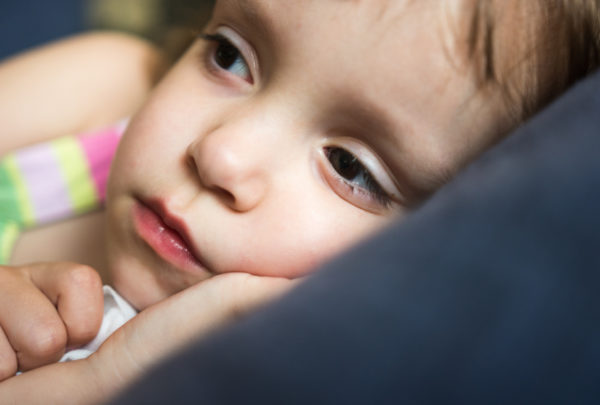

Marizza / iStock
Analyzing five sleep-related factors reveals associations between sleep troubles in autistic children and problem behaviors during the day, according to a new study1.
Children with autism are more likely to have more, and more severe, difficulties with sleep than their typical peers are2. They are also more likely to have trouble regulating their emotions, attention and behavior. Understanding the connections between these two problems may help scientists develop better treatments, researchers say.
Those connections have been difficult to untangle, however, because many studies of sleep in autistic children include participants ranging in age from preschoolers to adolescents. As a result, most of these studies do not account for developmental differences.
The new analysis instead evaluated the sleep patterns of 281 autistic children, all 4 or 5 years old.
The team collected data via the Children’s Sleep Habits Questionnaire, in which parents record whether their children usually, sometimes or rarely exhibited behaviors linked to poor sleep during the previous week3. Parents also evaluated their children’s aggressiveness, anxiety and ability to pay attention, using the Child Behavior Checklist.
A statistical analysis singled out five experiences linked to poor sleep among the participants: struggling with bedtime routines, not getting enough sleep, waking up in the middle of the night, difficulty breathing while asleep and trouble getting up in the morning.
The researchers looked for relationships between these five factors and the children’s ability to regulate their emotions, attention and behaviors.
They found that children who wake up in the night or don’t sleep for long enough are more likely to be aggressive or anxious than those who do not. Children who have breathing difficulties while asleep or don’t get enough sleep also have more attention problems during the day than other children do.
The model has yet to be independently validated, the researchers note, but can be used to guide future research on the associations between sleep and behavior among children with autism.